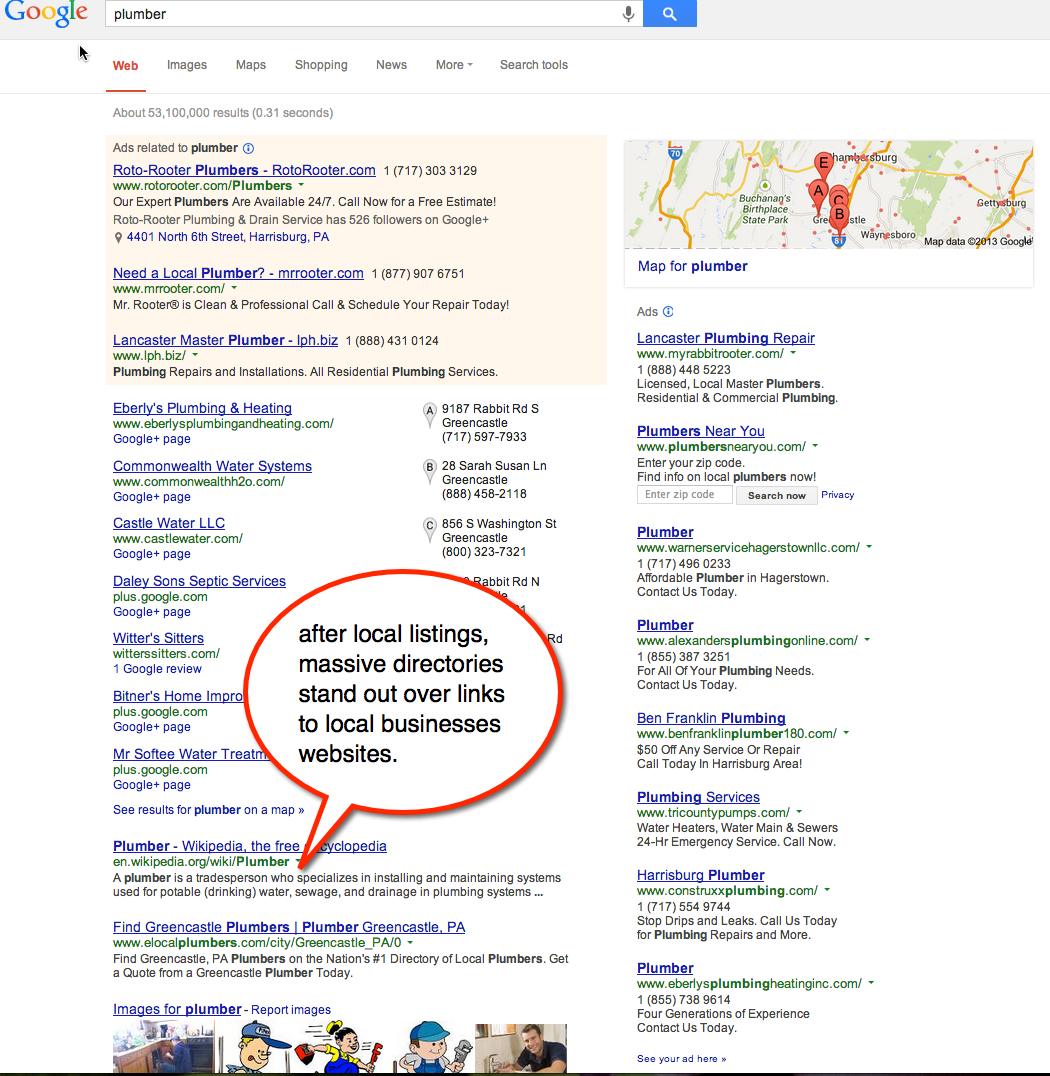SEO is forever changing. People figure out the factors that help our content show up in Google or other search engines, and make more content that ranks for those factors. It’s a cat and mouse game. While we aim to be discovered and reach our ideal audience, the search engines aim to cut out the spammy content with little value.
Google’s latest update was rolled out quietly, and much after the fact it was then announced.
Here’s what Matt Cutts had to say on the matter:

What we know about Hummingbird:
- It’s designed to adapt to the way we search today using voice on smartphones. People are increasingly asking questions on mobile devices. These will likely be long-tail; involving more keywords. Content that answers questions is more likely to surface. Aim to answer questions your customers have in your blog posts.
- Ranking for single words as a small business owner will be more challenging. Single words or shorter phrases are leading to larger directory sites while longer phrases are leading to specific articles even more than before.
- Local SEO results have degraded in some places to be much like 3 years ago. Keyword stuffed titles are reportedly gaining more attention. I don’t think Google will let that continue. Do not make drastic changes as a result of this. It won’t last long. Using your city name in your business name, such as “Chambersburg Accounting” might work for a few more days or weeks to outrank the competition, but soon the plumbers in your town with better content answering questions will outrank you in search and you’ll only be left with conducting business exclusively in that region.
- The verdict isn’t conclusive on how social sharing, comments, and reviews impact your search rankings. However, the more people that consume and share your content across the web will benefit new people finding you. The knowledge graph – or factors like sharing, ratings and reviews – all are a part of what Google’s search engine knows is relevant information.
- Mobile matters. Look at how your business shows up in a search on any mobile device. Ask Siri (who uses Bing) and Google Now (on iOS – the Google search app) a question that should result in your business in the search results. “Where can I find an accountant in Chambersburg?” or “Who has the best pizza in Shippensburg?”.
- The changes to algorithms in search results started definitively at the end of August, but some aspects began shifting months before. It wasn’t until the beginning of October that SEO pros were officially informed and until then hardly noticed changes. This is big. An overhaul of the search ranking factors this big hasn’t happened since the early days of Google.
Your Takeaway:
Keep calm and carry on. Think about the questions people ask Google verbally while on their mobile devices. Write content that will answer common questions. If you are a local business owner, occasionally using the town name in your title is helpful but don’t do it too much. SEO isn’t dead and your website traffic will correct course as you provide value to people.




